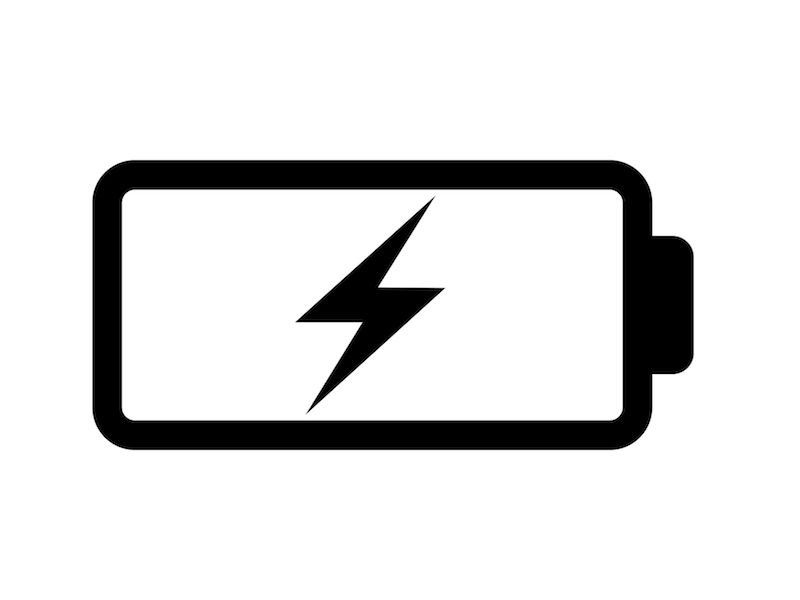
Stressing about running low on batteries is something you shouldn’t have to do with rechargeable hearing aids, but when you rely on this technology, it may make you slightly anxious. Do rechargeable hearing aids work, and do they work as well as advertised?
The anxiety is reasonable and so are the question you may have. A hearing aid is often a necessary element of one’s day-to-day life, as necessary for a simple visit to the grocery store as they are for the enjoyment of a television show or movie. It’s important that a piece of technology functions correctly and dependably, especially when it affects so many facets of life.
What Kind of Battery do I Have?
Most modern hearing aids have rechargeable batteries by default, so if you bought your hearing aids recently it’s likely that your hearing aids will have one of two battery types. Silver-zinc batteries, which can normally be distinguished by a battery door on the device, are rechargeable, but the batteries may need to be changed every so often. A Lithium-ion battery, however, will last throughout the life-cycle of the hearing device and, because of that, those devices will not have that distinguishing battery door.
How to Care For Your Rechargeable Hearing Aid
For the most part, rechargeable hearing aids do work, and they work well. The dependability of these devices has enhanced significantly in the last several years, as battery technologies have advanced. And, like any other electronic device, however, there are various easy maintenance procedures that users can take to improve the dependability of their rechargeable hearing aids.
- Keep Your Hearing Aids Dry and Clean: Your hearing aids will collect debris, dust, and moisture regardless of how often you use them. Your hearing aid may not thoroughly charge if it is subjected to any of these three things. That’s why it’s crucial to keep your hearing aids dry and clean particularly when connecting your hearing aid to its charging station.
- The Charging Station is Where Your Hearing Aids Should be Stored: If your hearing aids have rechargeable batteries, you can increase the battery life of your device by making sure that you regularly store your hearing aids on their charging station. The long term battery life is not shortened by charging a battery that is not fully drained.Actually, you can actually improve the life of the battery by making certain your hearing aids are charging while not in use. A simple reminder, for many people, to charge their device when not used, is to place the charging station on a table beside their bed.
- Be Mindful of Wires: Either the hearing aid itself or the charging station will have some kind of wire element on most hearing aids. Being aware of these wires is important for hearing aid users; the connection that enables the device to charge can be broken if you pull on or hold it by the wires.
How to Replace a Rechargeable Battery
Lithium-ion batteries will normally last the lifespan of your device. Consequently, you shouldn’t have to worry about changing those batteries. Your hearing aids can then be simply charged as long as needed.
However, you will need to occasionally replace the batteries if you have a hearing aid that uses silver-zinc batteries. Replacing batteries in the right way can help improve the lifespan of your hearing aids. Because of this, hearing experts recommend the following:
- Five minutes before taking off any tabs that may be attached let the batteries sit at room temperature.
- Clean and free of moisture is the state that your battery compartment should be kept in.
- Make certain you have a dry, room temperature spot to store your batteries.
- Don’t eliminate any packaging or plastic tabs until you’re ready to use batteries.
- Before replacing batteries, be sure you wash your hands.
Non-Use For Long Periods
Keeping your hearing aids on the charger over extended periods of time is no longer the best way to store your hearing aids. Just disconnect your hearing aid and put it in a dry cool place if, for example, you know you won’t be using them for a few weeks or a month.
If your hearing aids use silver-zinc batteries, you may also think about leaving the battery door open in order to prevent moisture from corroding your batteries.
Keep it Charged Every Day
All your basic needs should be met if you charge your hearing aids once per day. To get 24 hours worth of battery life with a lithium-ion battery will usually only require 3-4 hours every day.
Do rechargeable hearing aids work? They don’t only work, they are becoming more common every day. Make an appointment with your local hearing aid retailer to see all the different models